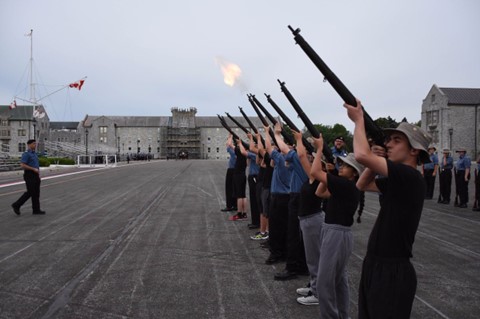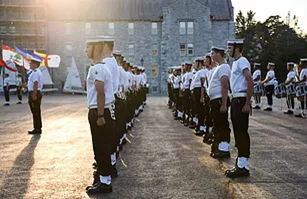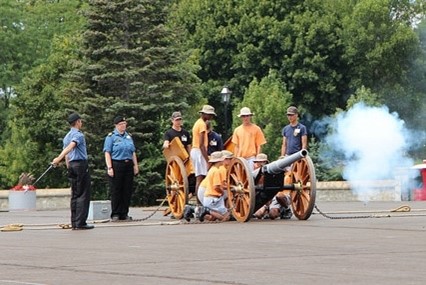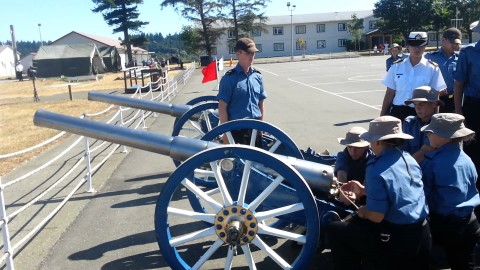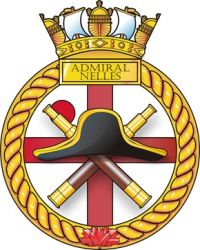HMCS Quadra
Goose Spit became a Sea Cadet Training Establishment in 1952 and was commissioned as HMCS Quadra in 1956, operating continuously since. With the closure of the Esquimalt Sea Cadet Camp in 1975, all Sea Cadet Training in Pacific Region became centered aboard HMCS Quadra. Today, HMCS Quadra trains Sea Cadets from every region and province of Canada.
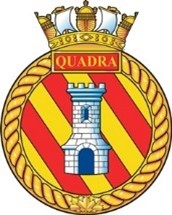
Connaught NACSTC
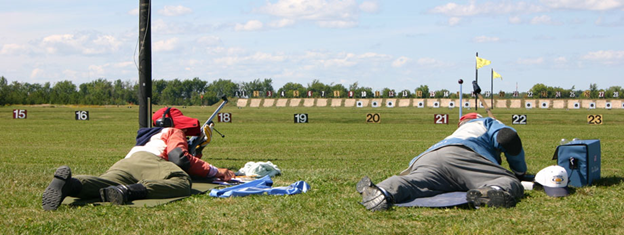
The ranges at Connaught have been in operation since the 1920’s serving the Canadian Forces and the Canadian Cadet Movement. In 1989 Connaught National Army Cadet Summer Training Center (CNACSTC) was established under the name Army Cadet Concentration (Ottawa) to allow all marksmanship courses across Canada to amalgamated at Connaught Ranges and Primary Training Centre (CRPTC) and become standardized. Prior to that time, cadets had been attending several cadet camps throughout Canada taking part in marksmanship courses hoping to get the top prize of a ticket to Bisley. When Connaught first opened its doors it had only four platoons (three Basic Marksman equivalent platoons and a Fullbore Phase II equivalent platoon) plus the National Rifle Team.
Connaught NACSTC also has the six-week Air Rifle Marksmanship Instructor (ARMI) Course. This course is given to cadets of the three elements (Sea, Army and Air). The ARMI course consists to develop the cadets’ individual air rifle marksmanship and summer biathlon specialty skills while reinforcing and further developing their leadership and instructional techniques skills preparing them to support these two specialty activities at the corps/squadron, CSTC or during regionally and/or nationally directed activities.
HMCS Ontario
HMCS Ontario Cadet Training Centre is a premier summer training facility for Royal Canadian Sea Cadets, located at Canadian Forces Base (CFB) Kingston in Ontario. Operating under the Cadet Program of the Department of National Defence, HMCS Ontario provides dynamic and engaging training opportunities that foster leadership, teamwork, and personal development.
Each summer, Sea Cadets from across Canada attend HMCS Ontario to participate in specialized courses such as Sailing and Seamanship. The centre promotes a structured and inclusive environment where cadets build lifelong friendships, gain confidence, and develop skills that benefit them both within and beyond the cadet program.
With its deep ties to naval heritage and commitment to excellence, HMCS Ontario CTC plays a vital role in shaping the next generation of leaders in the Sea Cadet community.


Blackdown
In 1994, because of a First Nation land claim, the Ipperwash Army Cadet Camp moved to Canadian Forces Base Borden and was renamed the Blackdown Army Cadet Summer Training Centre.
The first Commanding Officer of this new Cadet Training Centre was LCOL Dirk in 1994. Since then, Blackdown has continued to evolve both in the types of courses offered and the facilities themselves. From 1994 until 2003 cadet sleeping quarters and training facilities were modular tents with cots. Since 2003, there have been significant additions, including state-of-the-art facilities and drastic improvements to the sleeping quarters.
In 2003, the first of many tri-force courses arrived at Blackdown Cadet Summer Training Centre, which meant the closure of the Borden Air Cadet Camp.
In 2012, there will be over 179 adult staff members, 193 Staff Cadets and 1819 Course Cadets enter their gates.
Courses
The courses offered through the summer camp program are described below.
The Basic Drill and Ceremonial (Sea) Course provides cadets an opportunity to build on drill learned at the corps, participate in advanced drill and ceremonial activities, and to develop leadership skills and knowledge, while performing the role of a team leader. Activities include commanding a squad on parade, drill with arms, flag drill, naval field gun drill and marksmanship training. Cadets applying for this course should be 13–14 years of age and have successfully completed Phase Two.
The Drill and Ceremonial Instructor (Sea) Course provides cadets an opportunity to develop the skills and knowledge to become a Drill and Ceremonial Instructor. Activities include advanced drill, instructional techniques, and leadership. Cadets applying for this course should be 14–15 years of age and have successfully completed Phase Three.
